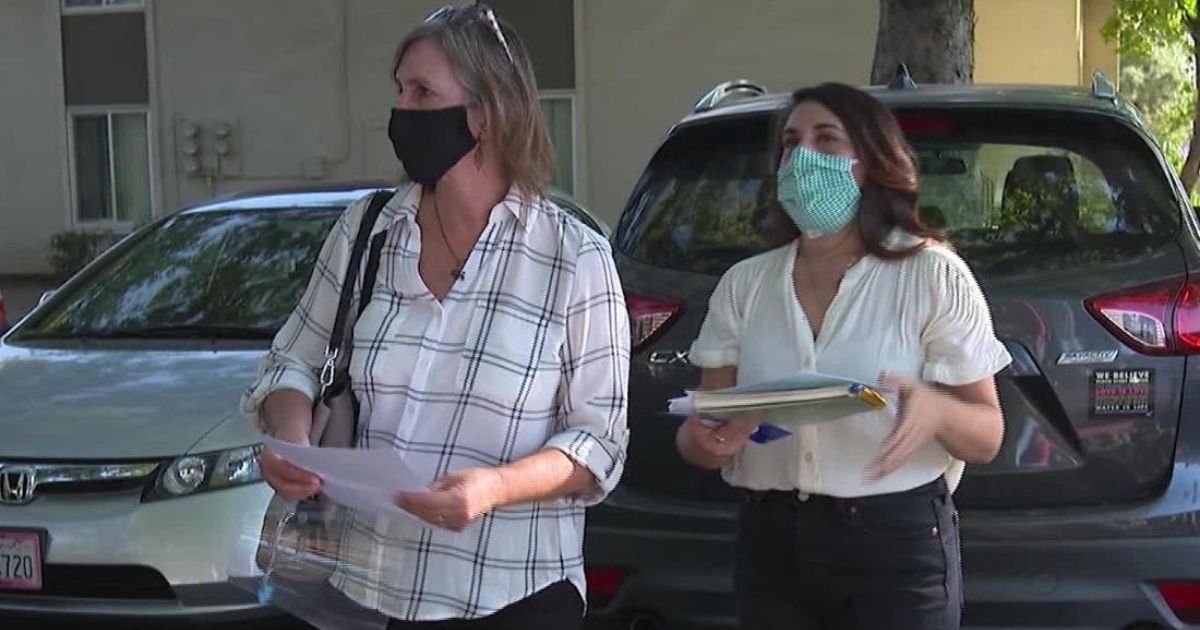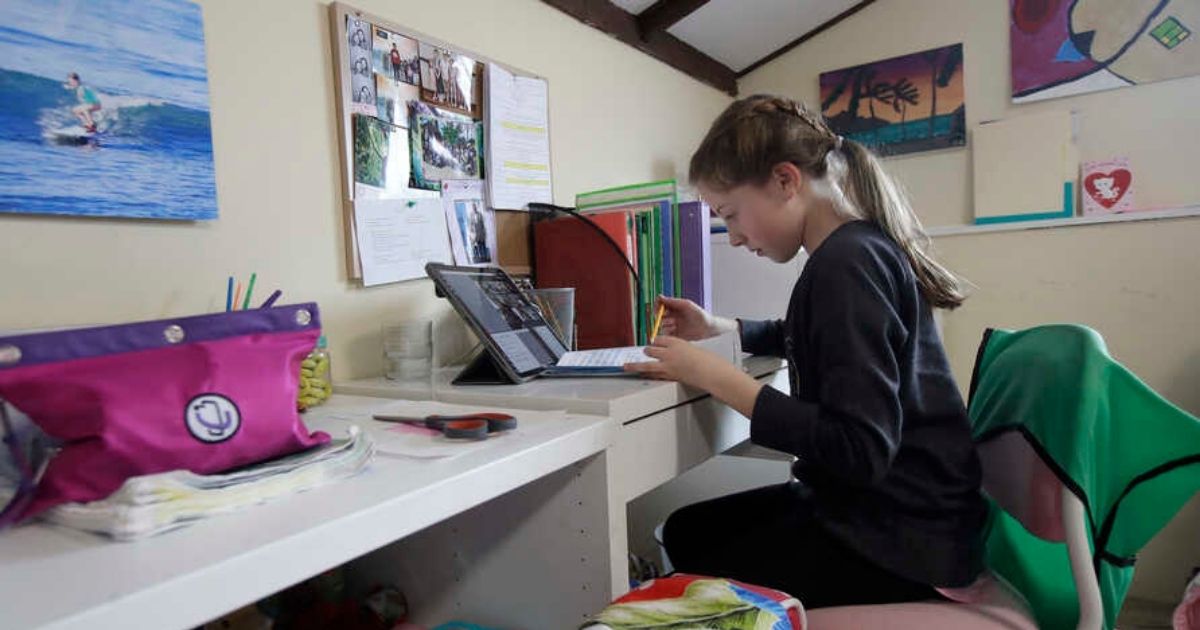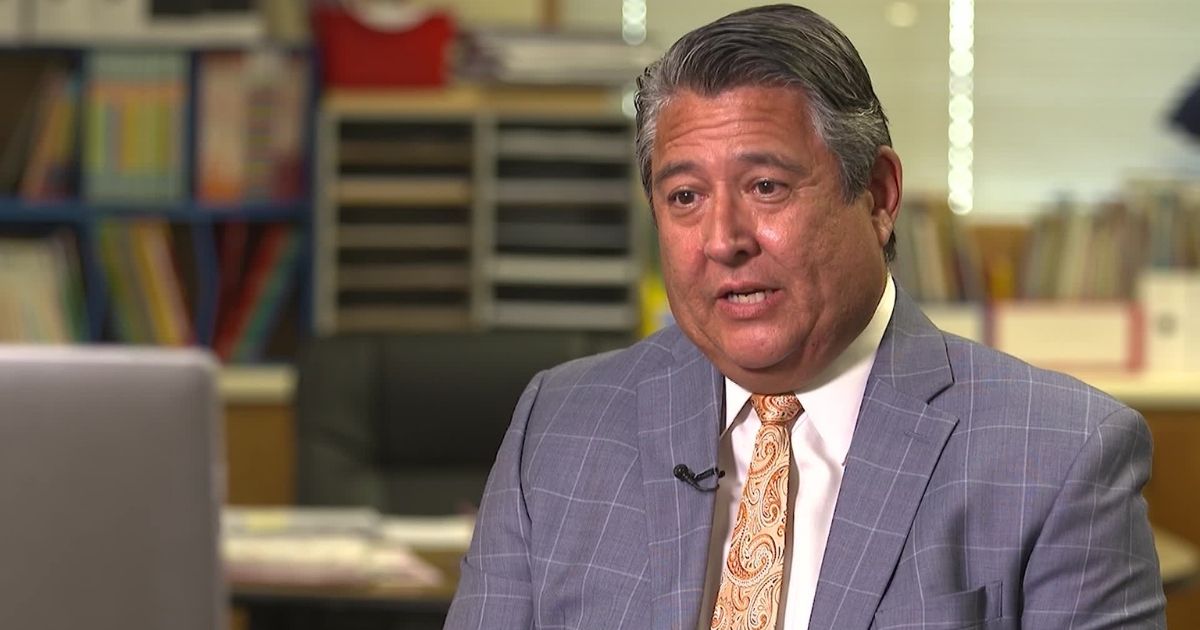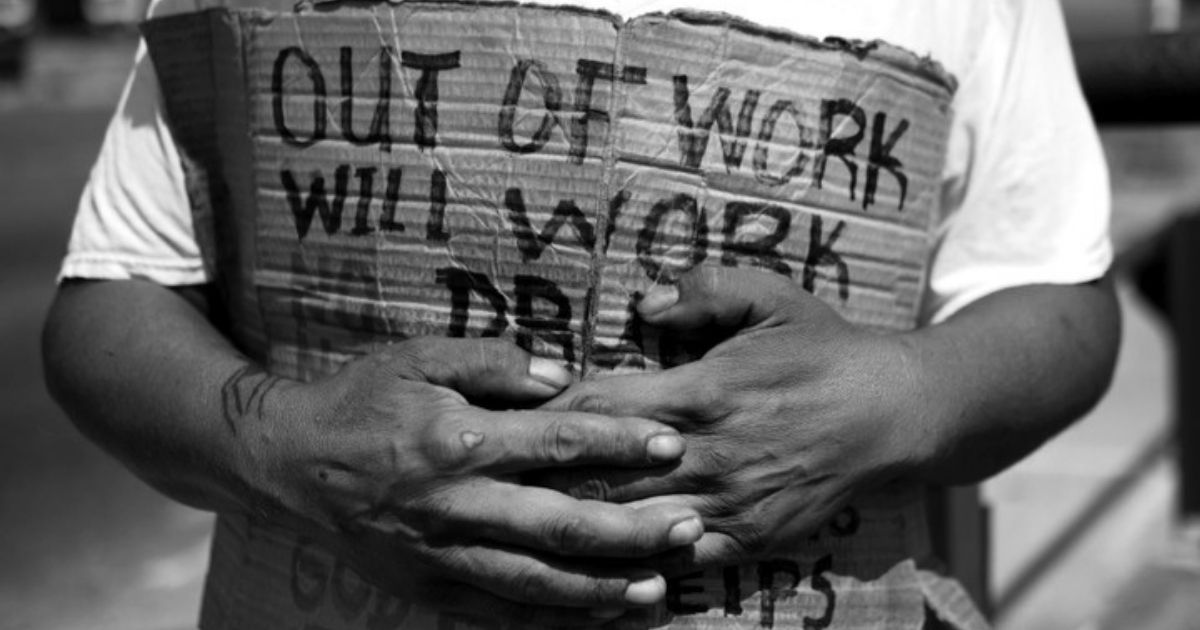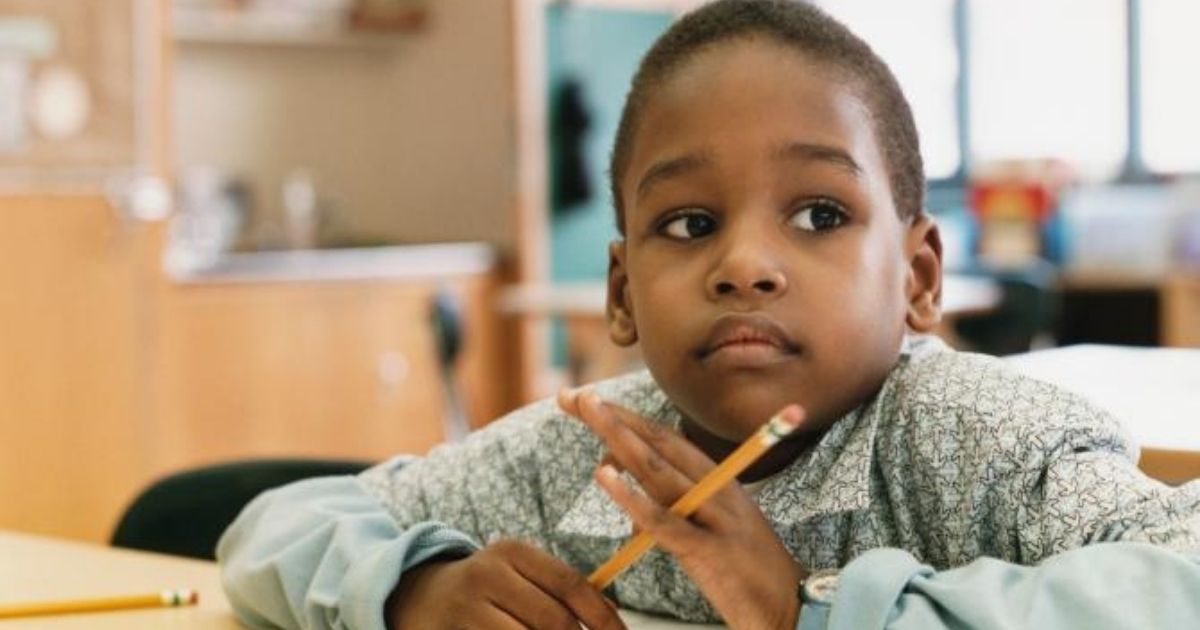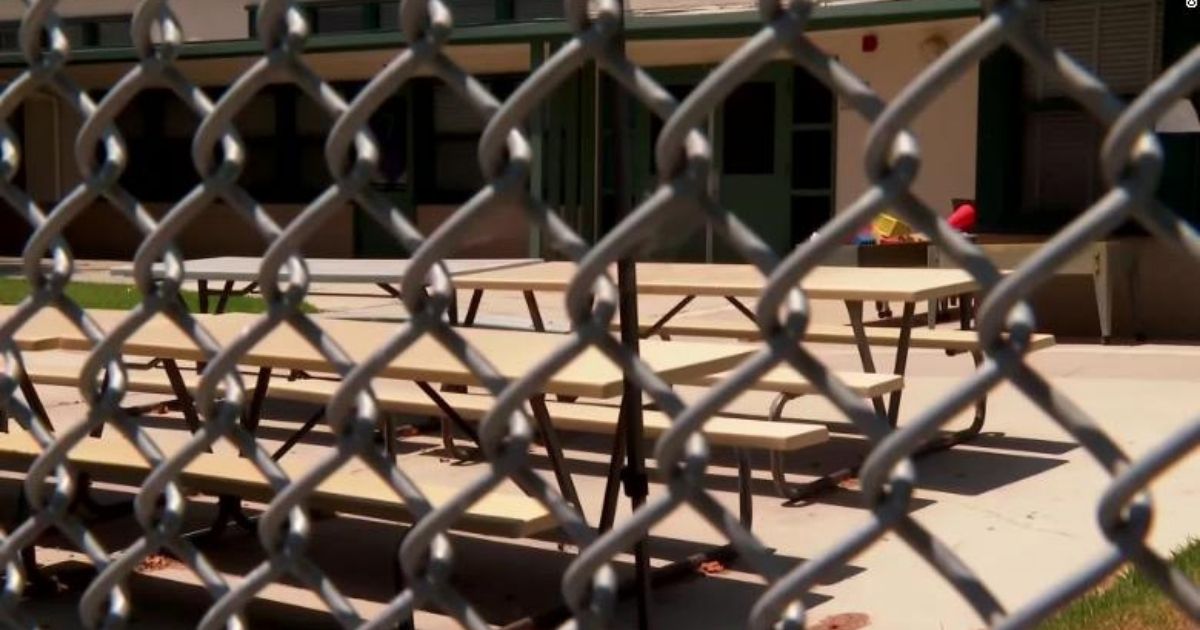In California’s Robla School District, 2,000 students are in pre-K, then there are the kindergartners up to sixth graders.
On any given day, up to 200 of them are missing from the school’s online lessons. When this happens, the teachers reach out, calling, and sending messages. Then school principals try calling again, sometimes seeing if there is a brother or sister in a different class to know what’s going on.
If all that fails to reach the children and their parents, social workers take up the case, to see what can be done to get students back to class, even virtually, amid the coronavirus pandemic.
“We have some families that are having a difficult time with life in general right now,” Elisa Olmo told CNN. “They’re losing their jobs, they’re maybe losing their house. And so school gets put on the back burner.”
Ruben Reyes, Robla School District Superintendent has said he was very concerned about the 10% of students who missed class regularly.
The district has done what it can to get devices and Wi-Fi access to families who need them and is now focused on its “student find” program to make sure children are making it to school. Reyes said 20% of his students have no permanent home and 90% live under the federal poverty limit.
“We need to physically go out to the home that we have on record, the address, and see if we can reach the family in that way,” Reyes said.
“There’ve been some very interesting stories. Families who were just gone. The instability of poverty is a big part of this — so they were there, and now they’re not.”
“It’s not about getting anybody in trouble or catching anybody doing anything bad,” Reyes stressed. “It’s really about really trying to provide whatever that family needs to help their child to be successful.”
The concern among educators is not just for the immediate, but for the future. According to Attendance Works, a non-profit advocacy and research group, studies show chronic absenteeism can lead to third graders unable to master reading and ninth-graders dropping out of school altogether.
Laurie Butler-Echandia, who was out looking for missing students in Sacramento with Elisa Olmo, said the most challenging days were when she seemed to get nowhere.
“It’s when the families aren’t there. That’s the hardest, which happens quite a bit,” she said.
This day, Laurie and Elisa did connect with a single father and walked him through how to help his 11-year-old daughter online.
“Those are the heartening stories that I hear from my staff — we visited this family, and now this child is coming to school. We cannot let even one child slip through the cracks,” he said. “That’s a lofty thing to say, but that has to be our goal.”
And with that student back online, the team moves on.


